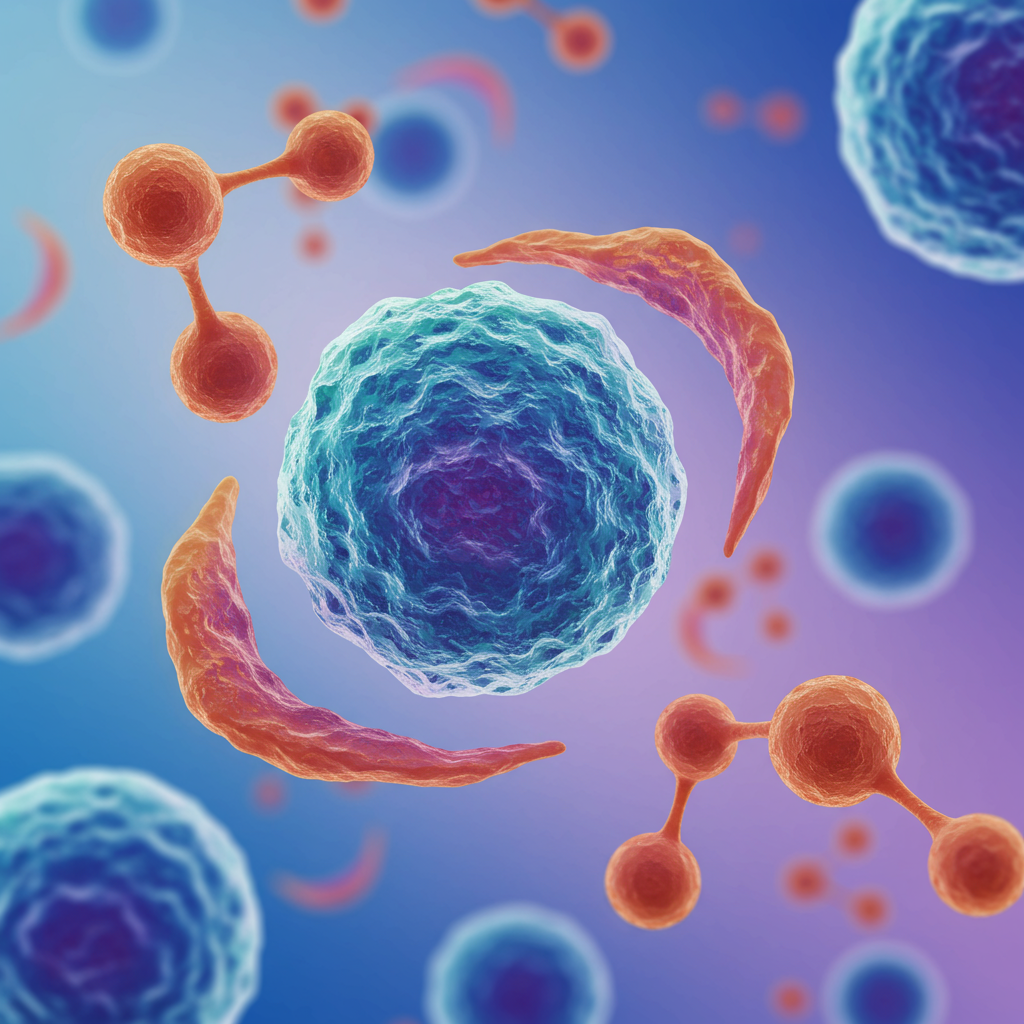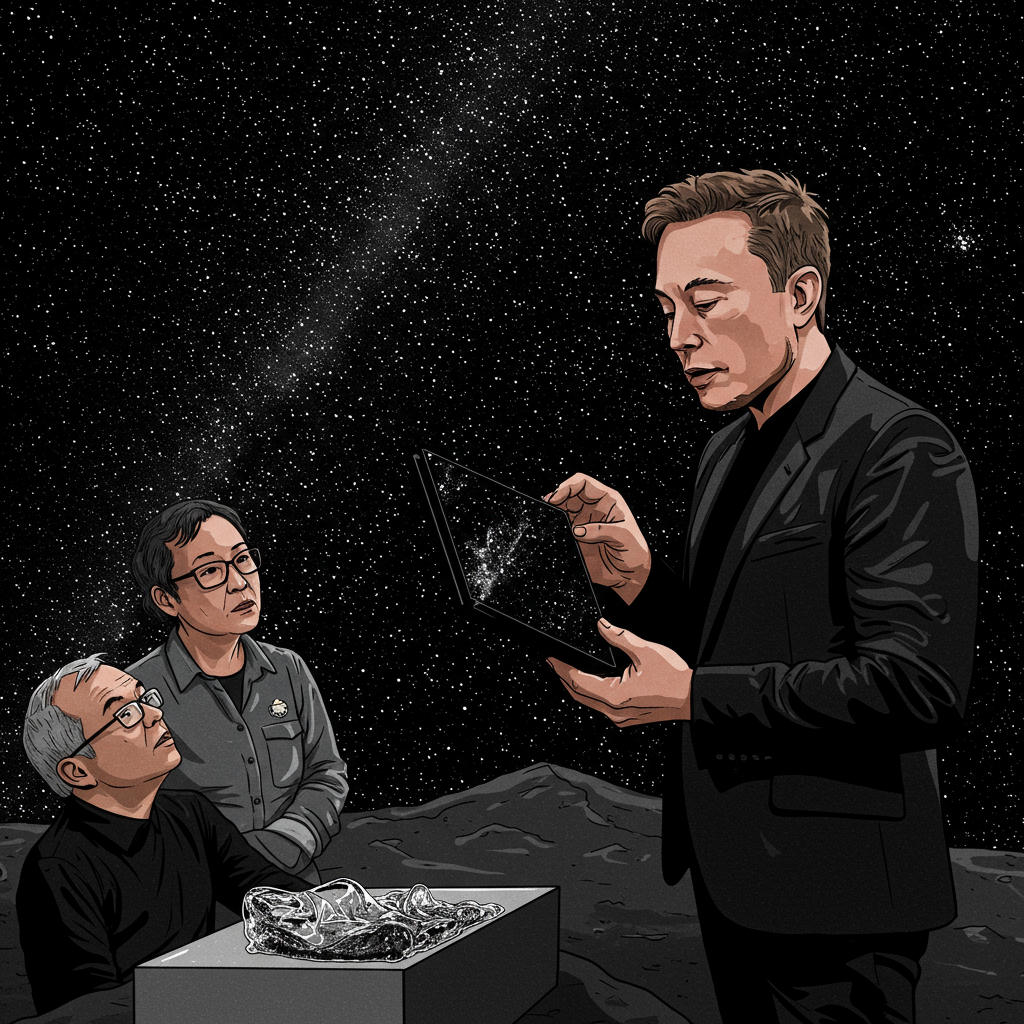Beyond its famous ability to wake us up, caffeine, the world’s most widely consumed psychoactive substance, might hold a deeper secret: the potential to slow down aging at the cellular level. New research is shedding light on how this everyday compound interacts with ancient cellular machinery to boost resilience and potentially protect against age-related decline.
For years, scientists have explored the connection between caffeine consumption and various health benefits, including links to reduced risk of certain age-related diseases and even increased longevity. However, the precise cellular mechanisms underlying these potential benefits have remained somewhat mysterious—until now.
A groundbreaking study from researchers at Queen Mary University of London, published in the journal Microbial Cell, investigated caffeine’s effects using fission yeast (Schizosaccharomyces pombe) as a model organism. While seemingly simple, fission yeast shares surprising genetic and biological similarities with human cells, making it an excellent tool for studying fundamental cellular processes like aging that have been conserved throughout evolution for over 500 million years.
The Cellular Fuel Gauge: AMPK Takes Center Stage
The core finding of this new research points to the activation of a crucial cellular energy-sensing pathway known as AMPK (AMP-activated protein kinase). Often described as the cell’s “fuel gauge,” AMPK becomes active when cells are experiencing low energy levels or stress, helping them cope and restore balance.
Previous work by the same team had suggested that caffeine might influence cellular lifespan by acting on TOR (Target of Rapamycin), a major growth regulator. However, the latest study made a surprising discovery: caffeine doesn’t directly interact with the TOR growth switch. Instead, its effects on cellular aging are primarily mediated through the activation of AMPK.
According to Dr. Charalampos (Babis) Rallis, a senior author of the study, caffeine essentially helps “flip that switch,” activating AMPK when cells need it most. This activation doesn’t just help cells manage overall stress; it appears to mimic a state of energy scarcity, prompting cells to enhance their intrinsic protective mechanisms and resilience.
How AMPK Activation Fights Cellular Aging
The research demonstrated that caffeine’s influence, channeled through AMPK activation, positively impacts several key cellular functions vital for health and longevity:
Stress Management: AMPK helps cells cope with various stresses, including oxidative stress and protein misfolding. These are recognized hallmarks of cellular aging and are implicated in age-related conditions such as Alzheimer’s and Parkinson’s diseases. By boosting the cell’s ability to handle these stressors, caffeine’s interaction with AMPK could potentially delay age-related damage.
DNA Repair: The pathway plays a role in the cell’s ability to repair damaged DNA, a critical process that falters with age, contributing to mutations and cellular dysfunction.
- Growth Regulation: While not directly acting on the TOR growth switch, caffeine’s effect via AMPK influences how cells regulate their growth, ensuring resources are appropriately allocated, particularly under stressful conditions.
- neurosciencenews.com
- www.webpronews.com
- gizmodo.com
- www.tun.com
- www.globenewswire.com
Essentially, by activating this ancient energy-sensing pathway, caffeine helps cells maintain crucial functions that tend to decline with age, providing a potential protective effect against age-related damage and disease.
A Pathway Linked to Longevity Research
The significance of AMPK activation is further underscored by its role as a target for other compounds currently being investigated for their potential to extend human lifespan. Notably, metformin, a common drug used to treat type 2 diabetes, is known to activate AMPK and is being studied for its anti-aging properties, sometimes in combination with rapamycin (which targets the TOR pathway). The discovery that caffeine also works through this evolutionarily conserved pathway adds a new dimension to understanding its potential long-term health benefits.
Dr. John-Patrick Alao, the postdoctoral researcher leading the study, highlights that these findings offer a compelling explanation for why caffeine might be beneficial for overall health and longevity observed in various epidemiological studies.
Looking Ahead: Diet, Lifestyle, and Future Medicines
This research doesn’t just explain a potential mechanism; it opens exciting avenues for future investigations. Scientists are now exploring how these beneficial cellular effects might be stimulated more directly, perhaps through specific dietary interventions, targeted lifestyle changes, or the development of new therapeutic compounds that mimic caffeine’s effect on AMPK.
While acknowledging that translating findings from yeast directly to humans requires further research and caution regarding optimal dosage and long-term effects, the study provides a powerful potential biological underpinning for the observed health benefits of moderate coffee consumption.
So, the next time you enjoy your coffee break, remember that beyond the immediate lift in focus and energy, you might also be giving your cells a helping hand by activating their ancient defense systems against the march of time. This fundamental discovery is likely just the beginning of unlocking the full potential of caffeine in promoting healthy aging.




